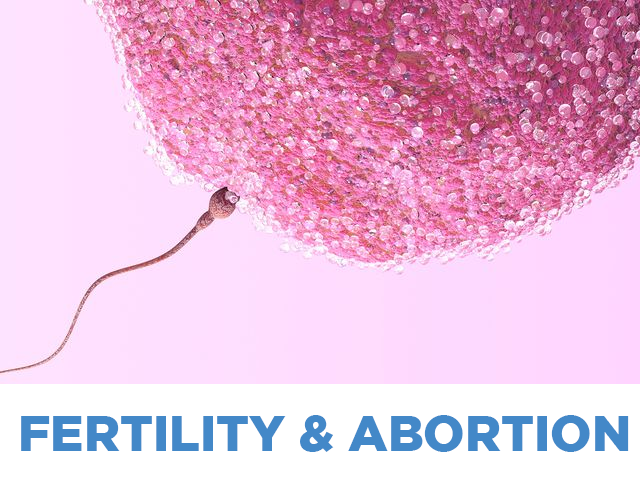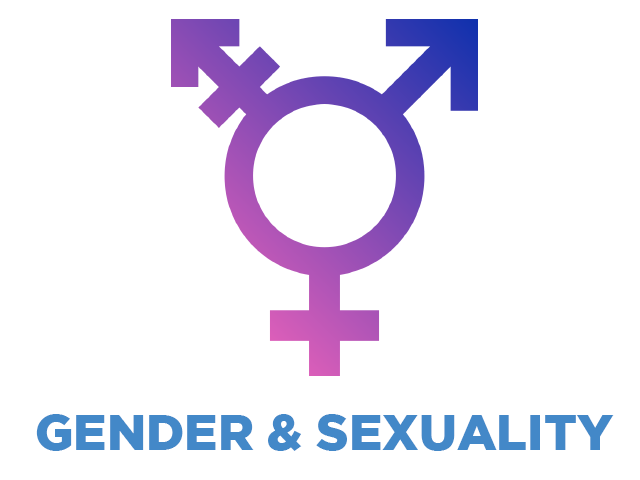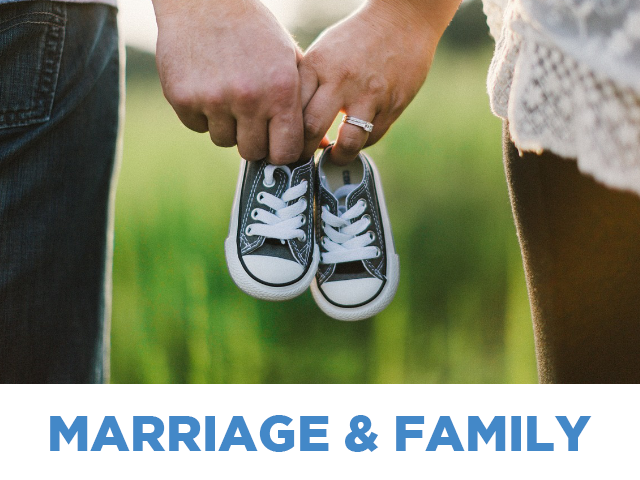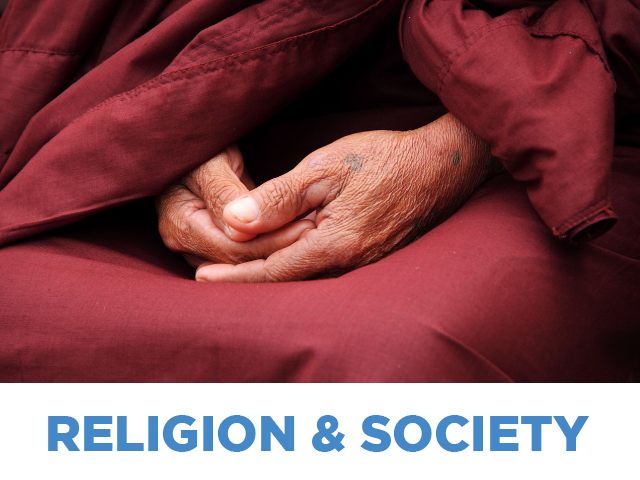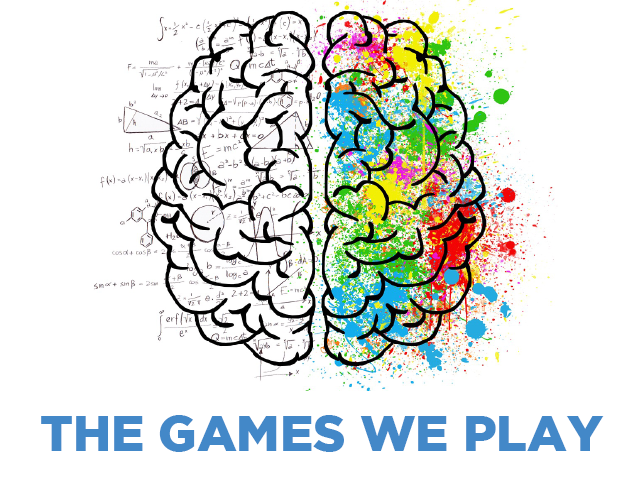![]()
From the moment of conception, a new human being develops, bearing the image and likeness of God, with the potential for life. This is true, whatever the circumstances of the conception.
All pre-born human beings have a right to be born and a right to experience whatever opportunities, joys and sorrows life may bring them.
The act of abortion involves the intentional killing of a person. Many mothers (and fathers) experience post-abortion regret. The onset of such trauma may be delayed for many years.
![]()
The latest neuroscience research has shown an unborn child can feel pain much earlier than previously thought possible.
With improvements in medical science, it is no longer rare for children to survive outside the womb from well before 24 weeks, even as early as 20 weeks.
Abortion is the number one threat to unborn children in the UK today. 574 recorded abortions take place every single day in the UK. Over 9.1 million children have died to abortion in the UK between 1968 and 2019. Of these, the vast majority (over 97%) were committed under Ground C: a “risk to the woman’s mental health”. More information: Abortion Statistics, England and Wales: 2017, Office for National Statistics, June 2018 and Termination of Pregnancy Year ending December 2017 (Scotland), Office for National Statistics, May 2018.
For information about the methods of abortion used in the UK, see these pages on the SPUC website.
For ultrasound images, both still and moving, of a child in the womb, see these video ultrasound images.
Advocates of abortion often use myths to try to justify their position. As an example of such myths - and how they have been debunked - see Top 10 myths about abortion by Ingrid Skop, published by the Family Research Council during January 2019.

